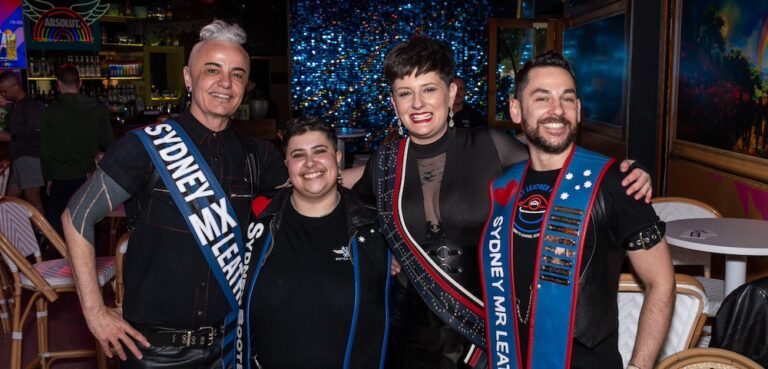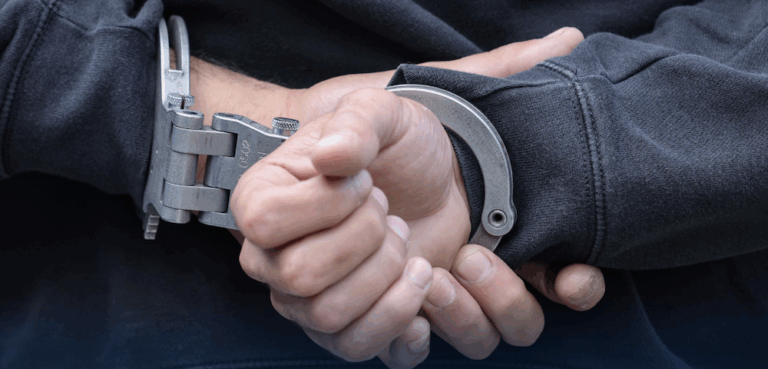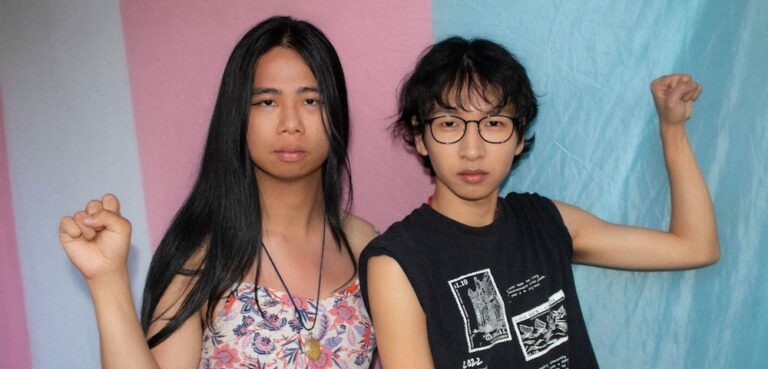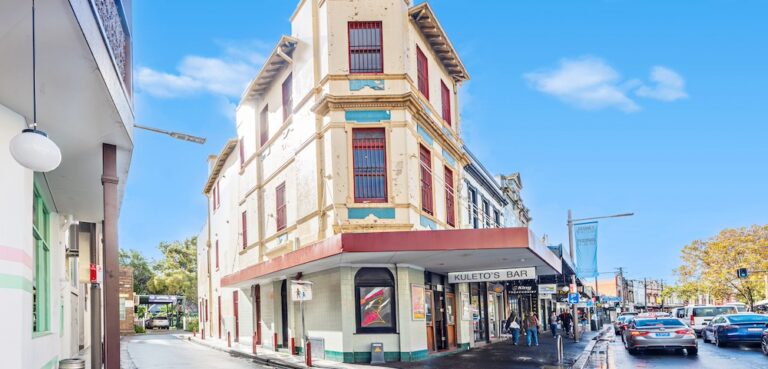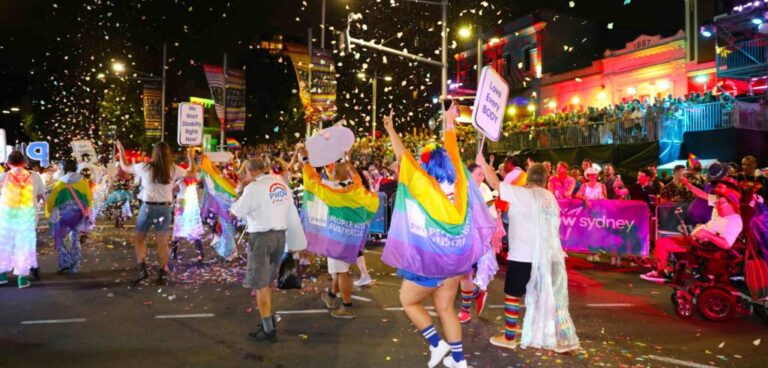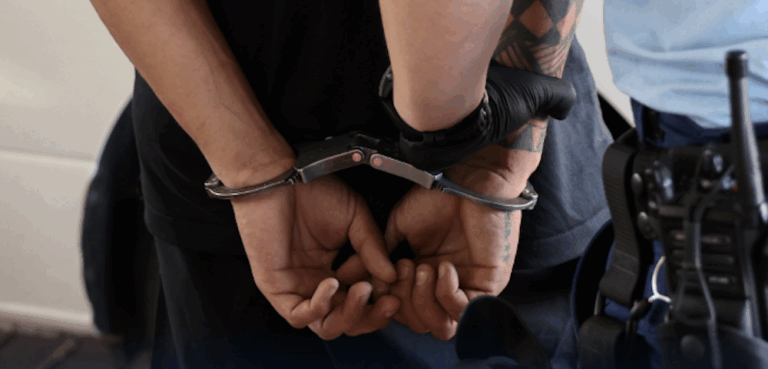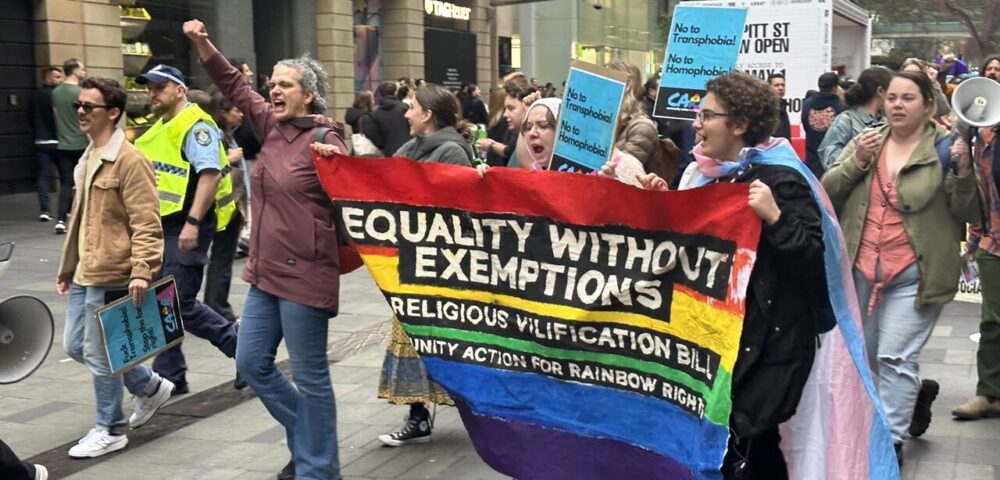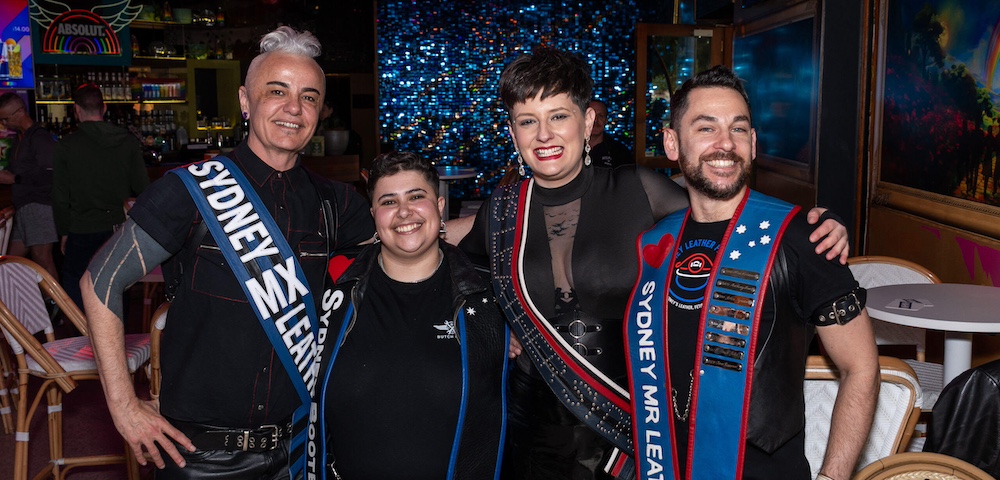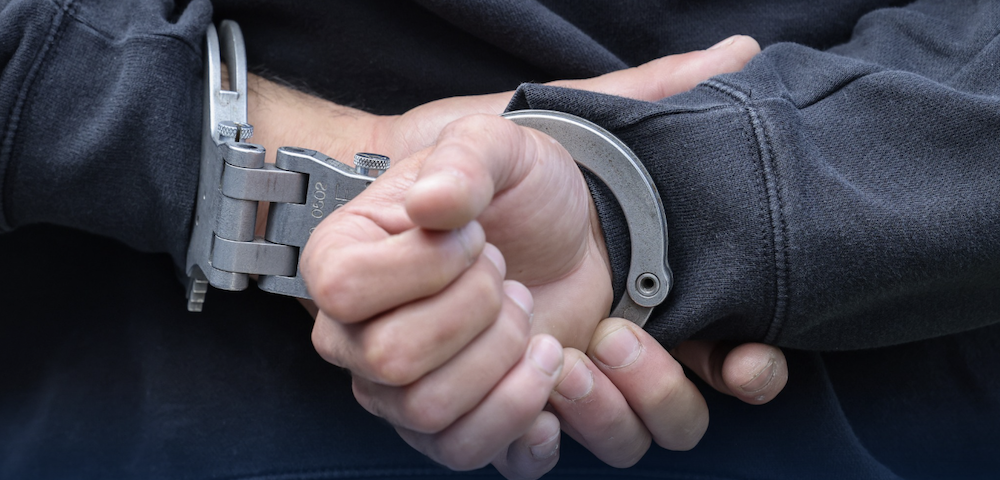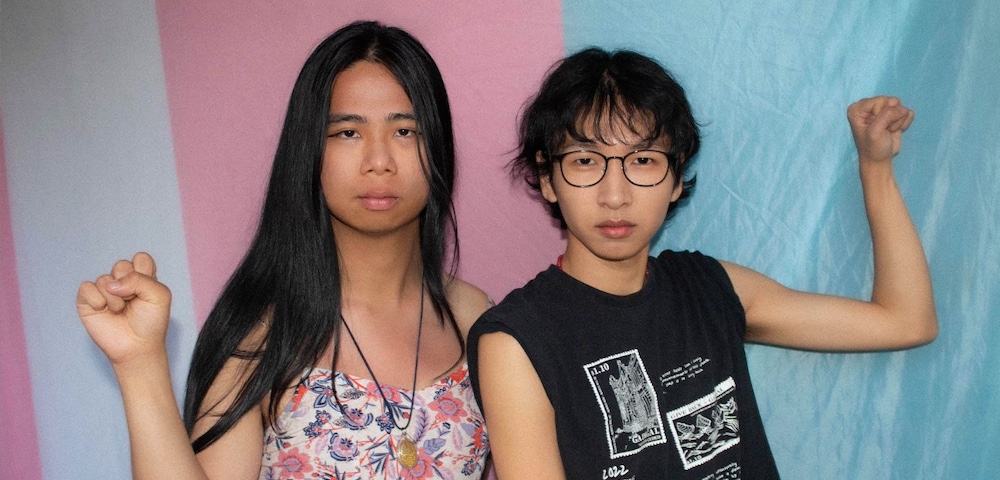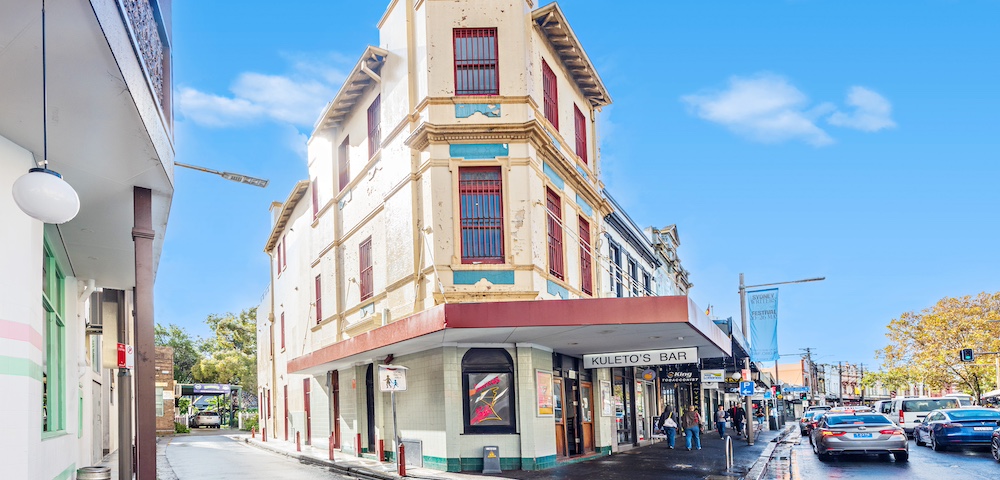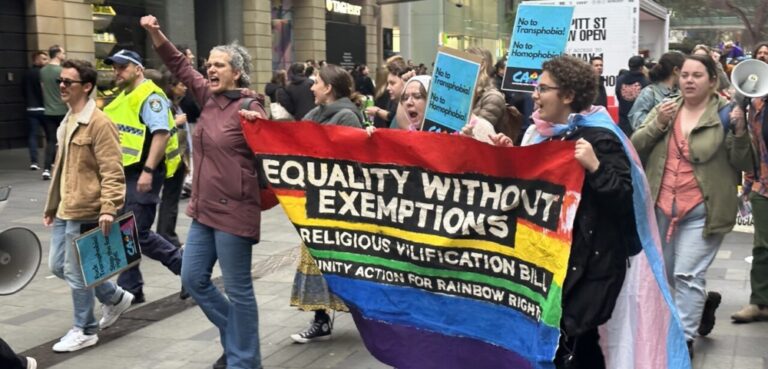
School of life
I grew up in Roma in country Queensland but when I was 12 I went to an all-boys Catholic boarding school in Brisbane.
Moving from the country to the city wasn’t too dramatic because I come from a very open-minded family. I had spent a lot of time travelling as a child in Africa and Asia because my father’s business had a lot of overseas interests, so I was used to big cities.
But going to boarding school was something of a culture shock. I had always gone to Catholic schools, but when I went to Brisbane I went from living in a liberal family to living in a monastery-type environment.
The sex was good though. When you’ve got a group of adolescent boys all growing up together, there’s a lot of experimental behaviour. But it was always brushed under the carpet. There wasn’t really much discussion of what happened.
There was a fair bit of homophobic sentiment in the schoolyard. It was a good way to pick on someone and I was guilty of it too at times, but at other times I was the victim.
After finishing school in 1990 I was offered a position with the Catholic Church to help develop their youth ministry in the Brisbane archdiocese. I worked with the Church’s youth support services office for about 18 months. They also paid for my first degree, which was in theology.
Being gay and working closely with the Catholic Church was a bit hard, particularly in the theology college. But the youth office was more easygoing and I wasn’t the only gay or lesbian person there.
After the theology degree I did postgraduate studies in counselling and communication, majoring in psychotherapy. From there I went into youth development work looking at issues like sexual violence among young people, homelessness and suicide.
I set up a youth organisation in Brisbane that worked closely with a national youth affairs scheme that was in favour with the federal government under Paul Keating. I got to do a lot of work with the gay and lesbian community.
When John Howard came to power in 1996 those projects basically got put on ice, so my mother, some friends and I set up some healthcare clinics that combined orthodox medicine with complementary health.
By 2000 we had 312 consultants working for us, and we spent most of our time playing personality politics more than enjoying the work, so we decided to sell the client base.
I had been travelling to Sydney a lot and I decided to move here full-time. Over the past few years I have run my own counselling practice. I also help people out with emotional stress associated with financial planning.
My new project is Nexus Language Centre, which is a gay-friendly language school that opens next January. From conversations with gay teachers and agents who recruit language students to Australia, I realised there was a powerful market for a school like Nexus. So I decided to set up the school in conjunction with some of my contacts working in language schools.
There is generally a lot of conservatism involved in language schools, from both organisers and students. Many of the agents who recruit foreign students to Australia come from Christian fundamentalist perspectives. Sometimes there are gay students in language schools thinking, I’m here to discover myself and yet it’s just like a classroom back home.
Speaking to some ex-students, we found their development was quite arrested. They were doing what they came here for academically, but they weren’t getting a chance to be themselves, or they’d have a split life.
They’d go to college during the day and have these college friends and then sneak off to Oxford Street, and that’s not so healthy as far as I’m concerned.
Our objective is to make the school a really strong community and to give people a learning environment where no one cares whether they’re gay or straight. The teachers we’ve signed up are all gay or gay-friendly.
A strong component of our marketing will go into the gay and lesbian press around the world. We’re also telling agents who will help us find students that our focus is to work with gay and lesbian students.
We’re targeting worldwide but at first we will work most closely with Asian countries. We want at least 20 students to be enrolled before the first class on 29 January next year. Our maximum enrolment will probably be between 120 and 150. The school will be in International House in the city.
We also want students to get involved in some of the gay and lesbian charitable organisations. Our approach will be that if students are out here to learn English, they need to practise.
The best way to do that is to go in to help out at ACON or another community organisation. It would also be a good chance for them to meet other gay and lesbian people.
We are also exploring a scheme for Australian businesses and individuals to sponsor gay and lesbian students from countries with repressive anti-gay laws to come and study here.
We don’t want Nexus to be a school just for gays. We want it to be a space where you can develop your normality, whatever that is for you, and people won’t judge you for it.
Interview by Ian Gould
For more information visit the Nexus College website.
